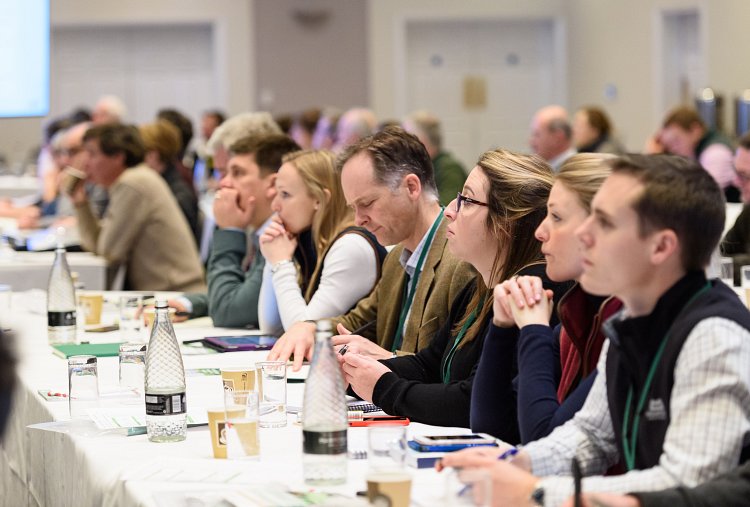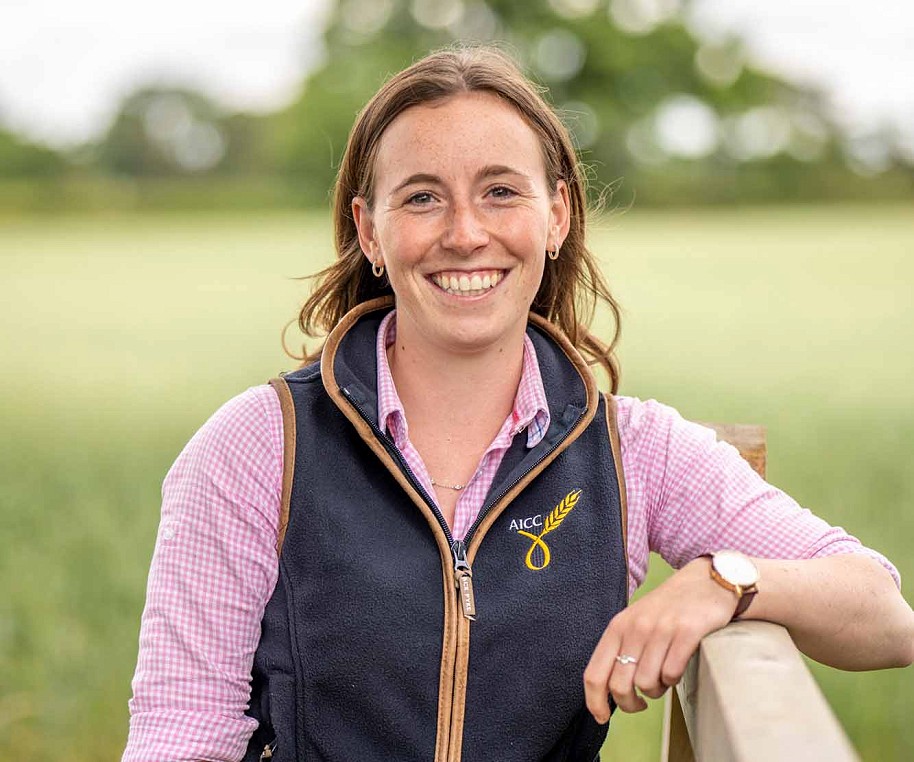News
News
See our news stories below

AICC CONFERENCE 2019 IPM SESSION
25 January 2019
Accelerating the uptake of IPM – what’s being done?
In addition to the importance of IPM going forward, delegates at the AICC conference heard from a range of experts on current IPM tools and latest areas of research aimed at improving its implementation, which are summarised below:
-
AHDB’s Charlotte Rowley showcased a growing range of pest monitoring aids, including risk forecasts, bulletins and online tools for UK growers, such as the recently launched BYDV Management Tool. This is to be particularly useful after neonicotinoids were withdrawn for use in cereals.
-
Mark Ramsden at agricultural research consultancy ADAS said work is ongoing to improve confidence in pest thresholds and the group is also involved in a pan-European project aiming to produce a web platform that puts all IPM decision support systems in one place.
-
Sam Cook and her team at Rothamsted Research are investigating how natural enemies might be harnessed for biocontrol of oilseed rape pests such as pollen and cabbage stem flea beetles. Early indications show min- or no-till establishment help preserve parasitoid numbers, while field margins help boost numbers of generalist beneficial insects. Spring insecticides in cereal crops following oilseed rape may knock out parasitoids of OSR pests and, like insecticides in oilseed rape, should only be used when absolutely necessary.
-
Research at Stockbridge Technology Centre, led by entomologist David George, is looking at how field margins can be optimised to encourage the correct mix of natural pest enemies for a farm’s IPM needs and how the increased predation seen around margins can be projected across whole fields in broadacre systems.
-
Rachel Wells and researchers at the John Innes Centre are identifying pest resistance traits in brassica crops. Aliphatic glucosinolates which make oilseed rape less palatable to slugs have been bred out of modern varieties, but genetic markers may enable breeders to reverse that trend without sacrificing oil quality. Similar work may also help reduce the impact of flea beetles.
Back to News
Archive
- July 2025
- May 2025
- April 2025
- March 2025
- January 2025
- December 2024
- November 2024
- July 2024
- June 2024
- May 2024
- April 2024
- March 2024
- February 2024
- January 2024
- December 2023
- November 2023
- October 2023
- September 2023
- July 2023
- June 2023
- May 2023
- April 2023
- March 2023
- February 2023
- January 2023
- December 2022
- October 2022
- September 2022
- August 2022
- July 2022
- June 2022
- May 2022
- April 2022
- March 2022
- February 2022
- January 2022
- December 2021
- November 2021
- October 2021
- September 2021
- June 2021
- May 2021
- March 2021
- February 2021
- January 2021
- December 2020
- November 2020
- October 2020
- September 2020
- August 2020
- June 2020
- May 2020
- April 2020
- March 2020
- February 2020
- January 2020
- December 2019
- November 2019
- October 2019
- September 2019
- June 2019
- May 2019
- April 2019
- March 2019
- February 2019
- January 2019
- December 2018
- November 2018
- October 2018
- May 2018
- April 2018
- February 2018
- November 2017
- October 2017
- June 2017
- May 2017
- March 2017
- January 2017
- December 2016
- November 2016
- September 2016
- July 2016
- June 2016
- May 2016
Interested? Get in touch
We are here to help, engage & listen
FARMERS: Are you seeking truly transparent advice? Are you concerned about input spend? Contact us to find a crop consultant near you who only has one margin in mind – yours!
CONSIDERING MEMBERSHIP OF AICC? Contact us for details of how to apply and the criteria required. Join the largest group of independent agronomists in Europe and benefit from all it has to offer.
INDUSTRY PARTNERS: Would you like to reach 48% of the UK advice Market through our members? Exhibit at our national conference each year? Get in touch for more information on how to.
CONSIDERING A CAREER IN INDEPENDENT AGRONOMY: See our AICCA page
Become a member
AICC is the largest group of independent crop consultants in Europe and aims to continue to enhance its professional recognition throughout the agricultural industry, promote the interests of its members and encourage all truly independent crop consultants to become members.
Apply


